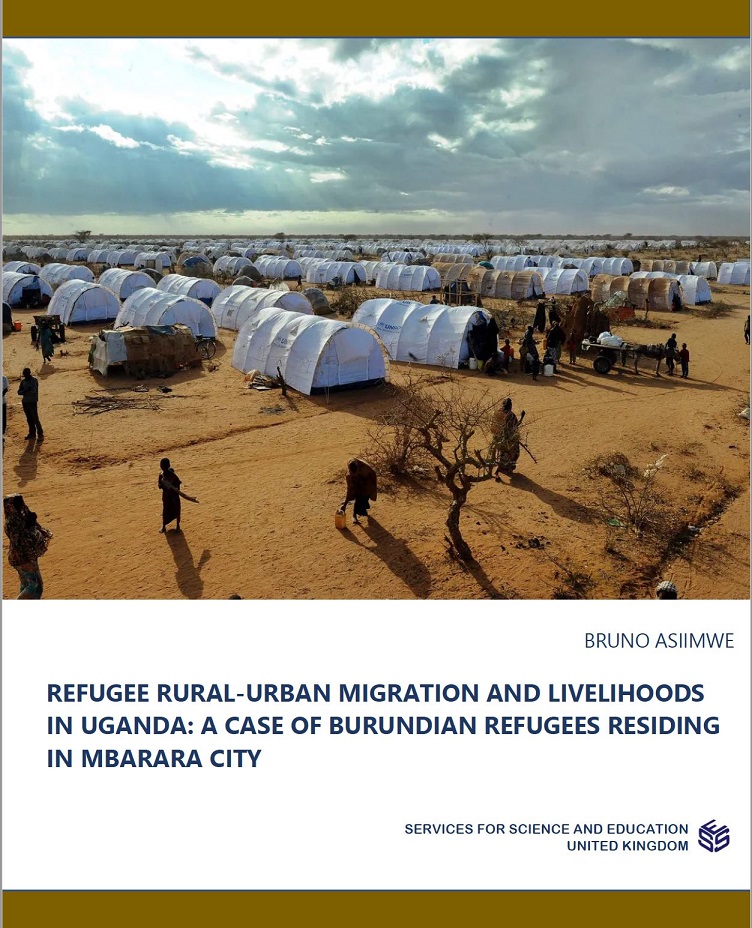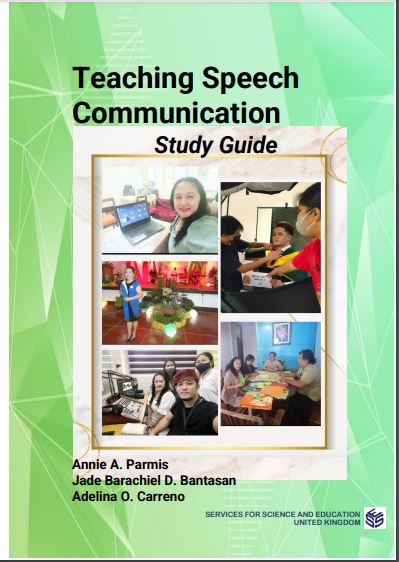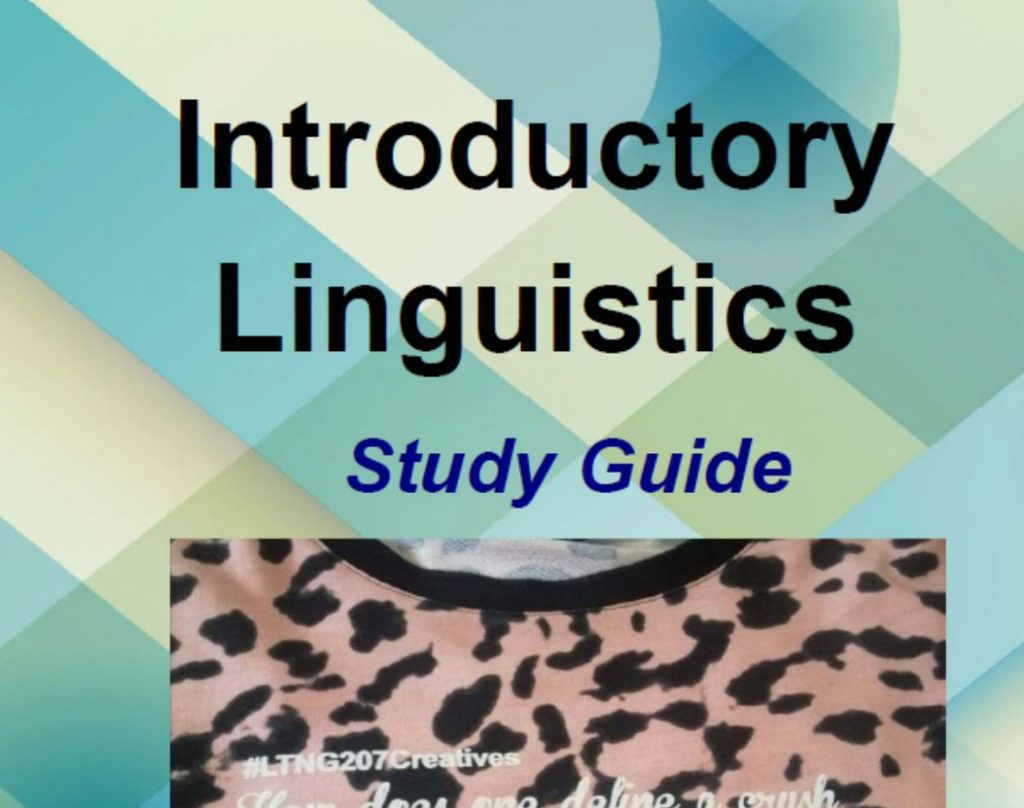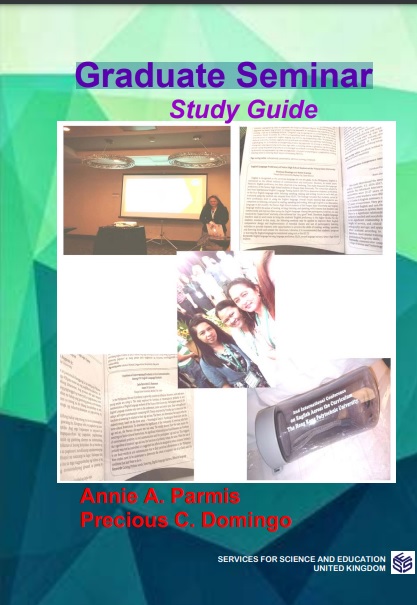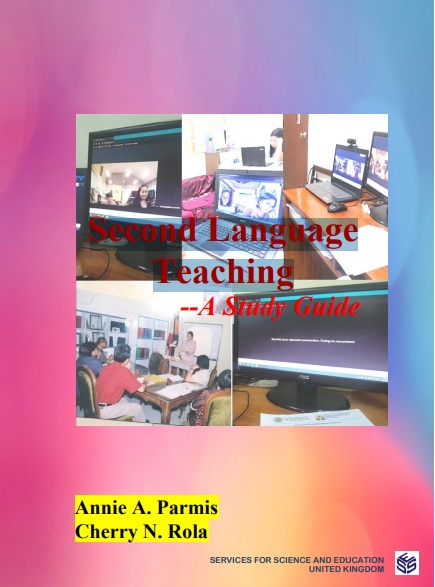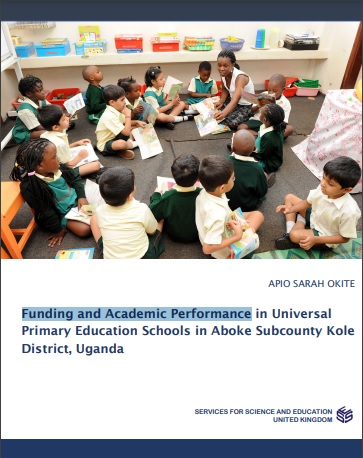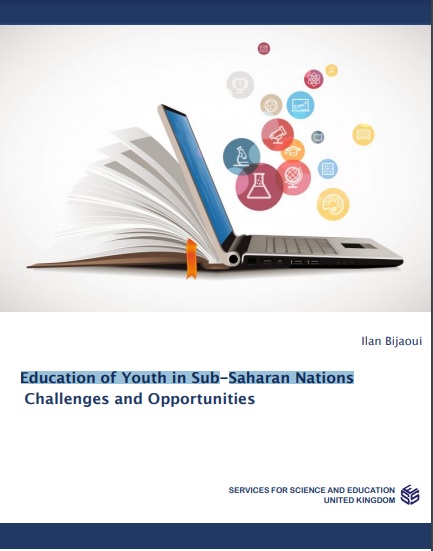Module 1 explores on the approaches, methods, and strategies in Second Language Teaching (SLT) or English Language Teaching (ELT). It introduces some modern trends in education, Internet links for learning and teaching the English language, innovative learning strategies, and Gardner’s Multiple Intelligences. It also discusses some overviews on listening, speaking, and reading. The Learning Tasks/Activities include discussion on the Principles of Second Language Acquisition (SLA), speech production, text analysis, translation, IQ, EQ, and classroom environment (then and now). Figures that serve as abstract yet concrete platforms for further ELT studies have mindboggling titles such as the following: Thoughts and Words, Melody and Rhythm, Arts and Research, Watch and Listen, Lights and Colors, Then and Now, Programs and Development, and Life and Leisure. Assessments require the students to submit a picture dictionary and a PowerPoint presentation.
